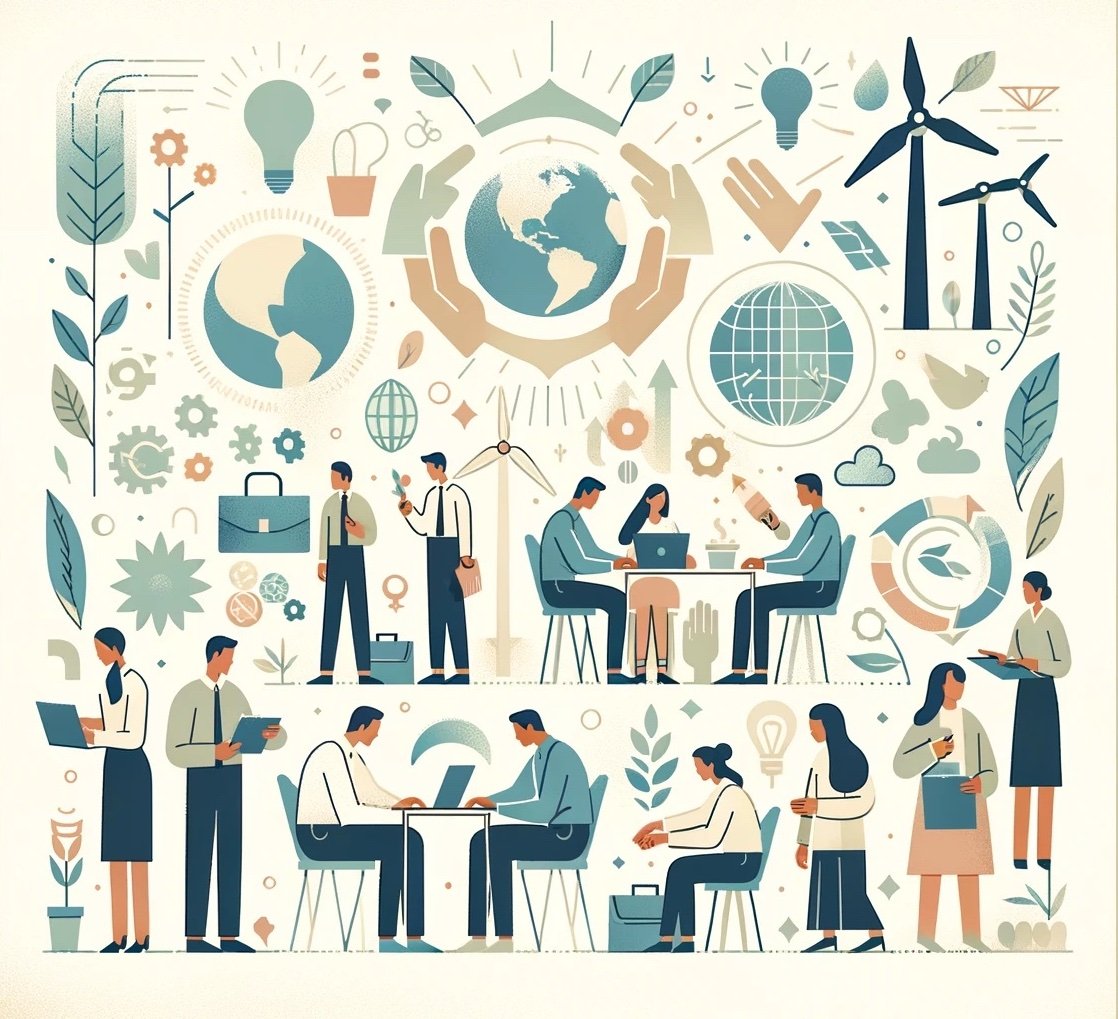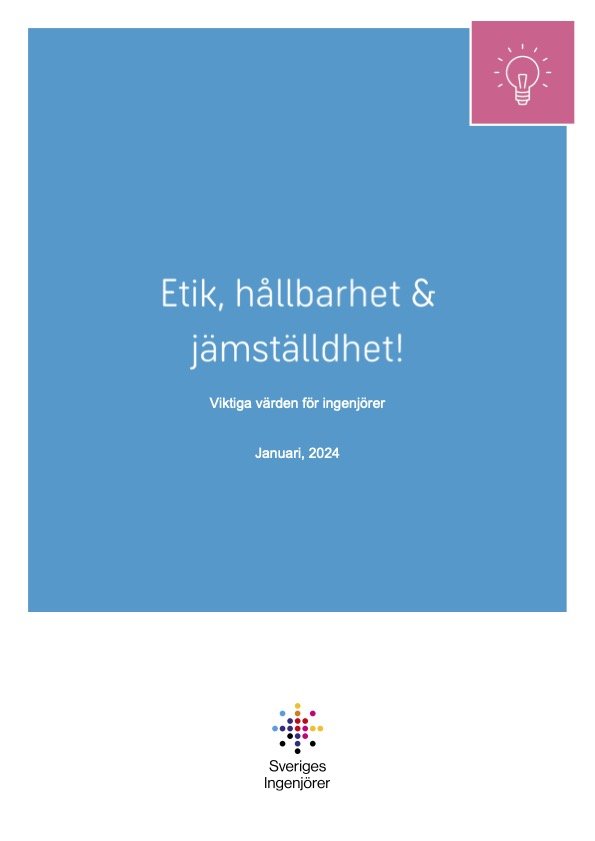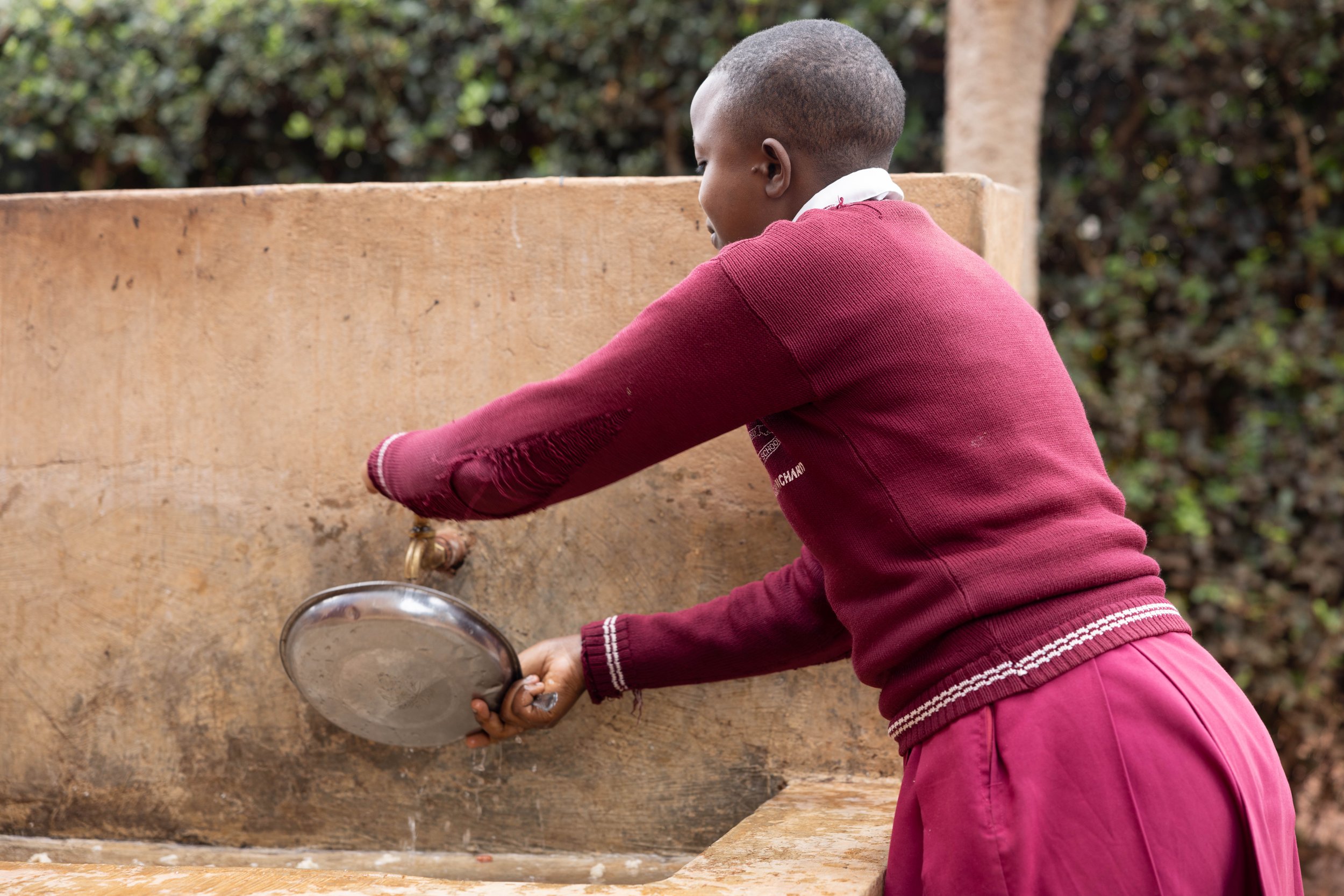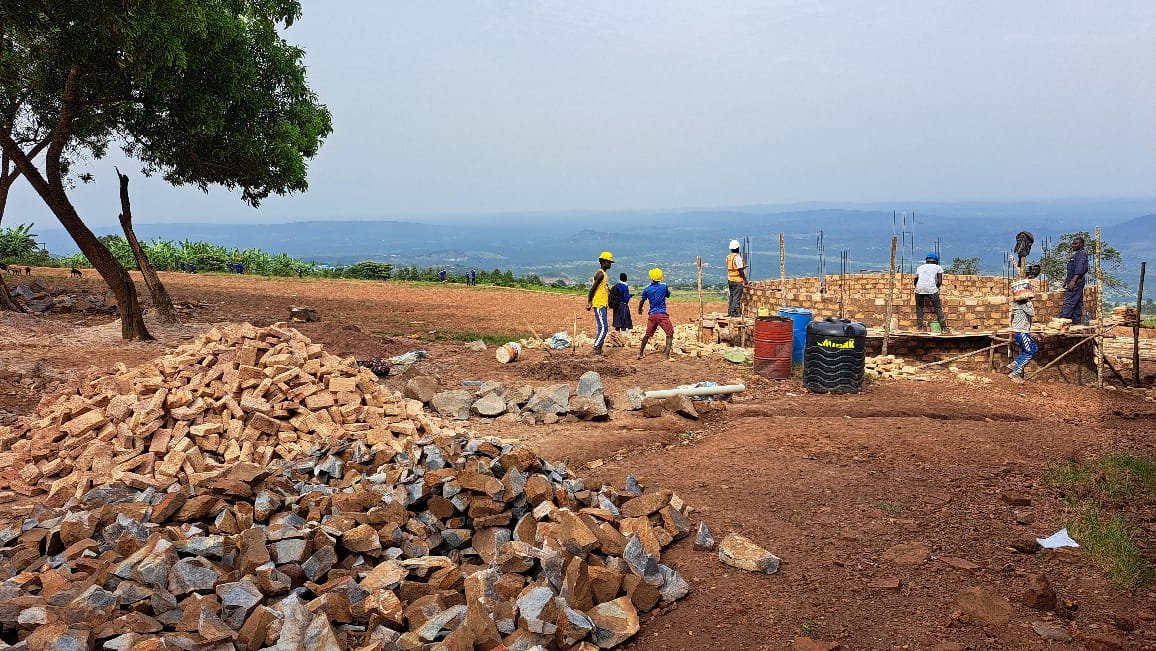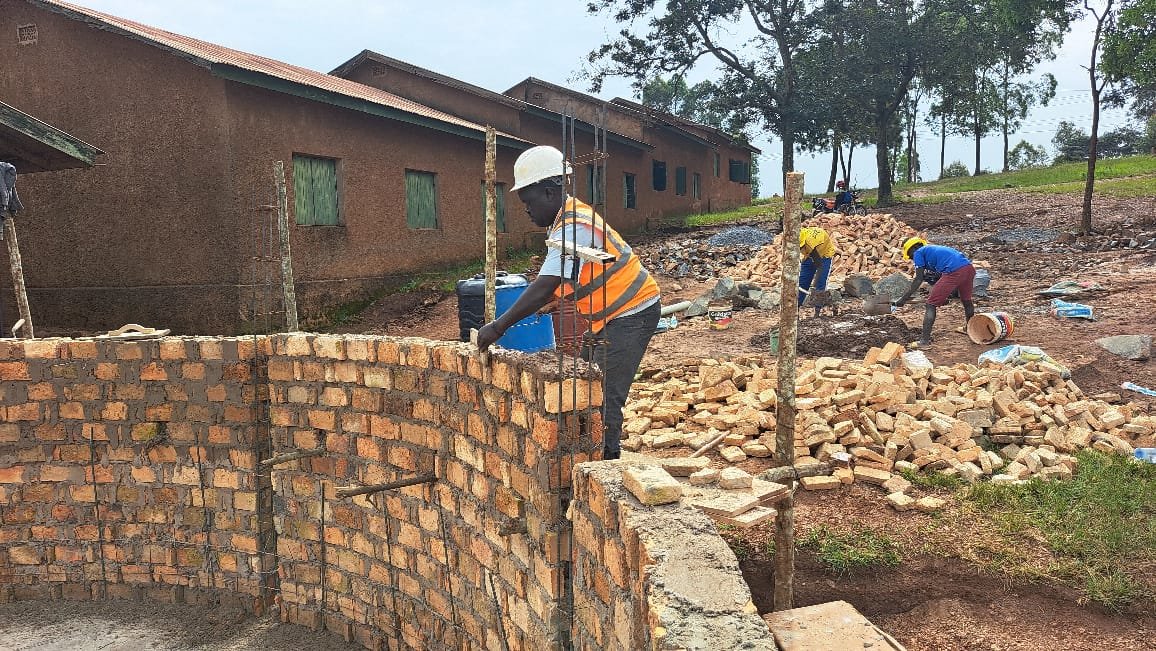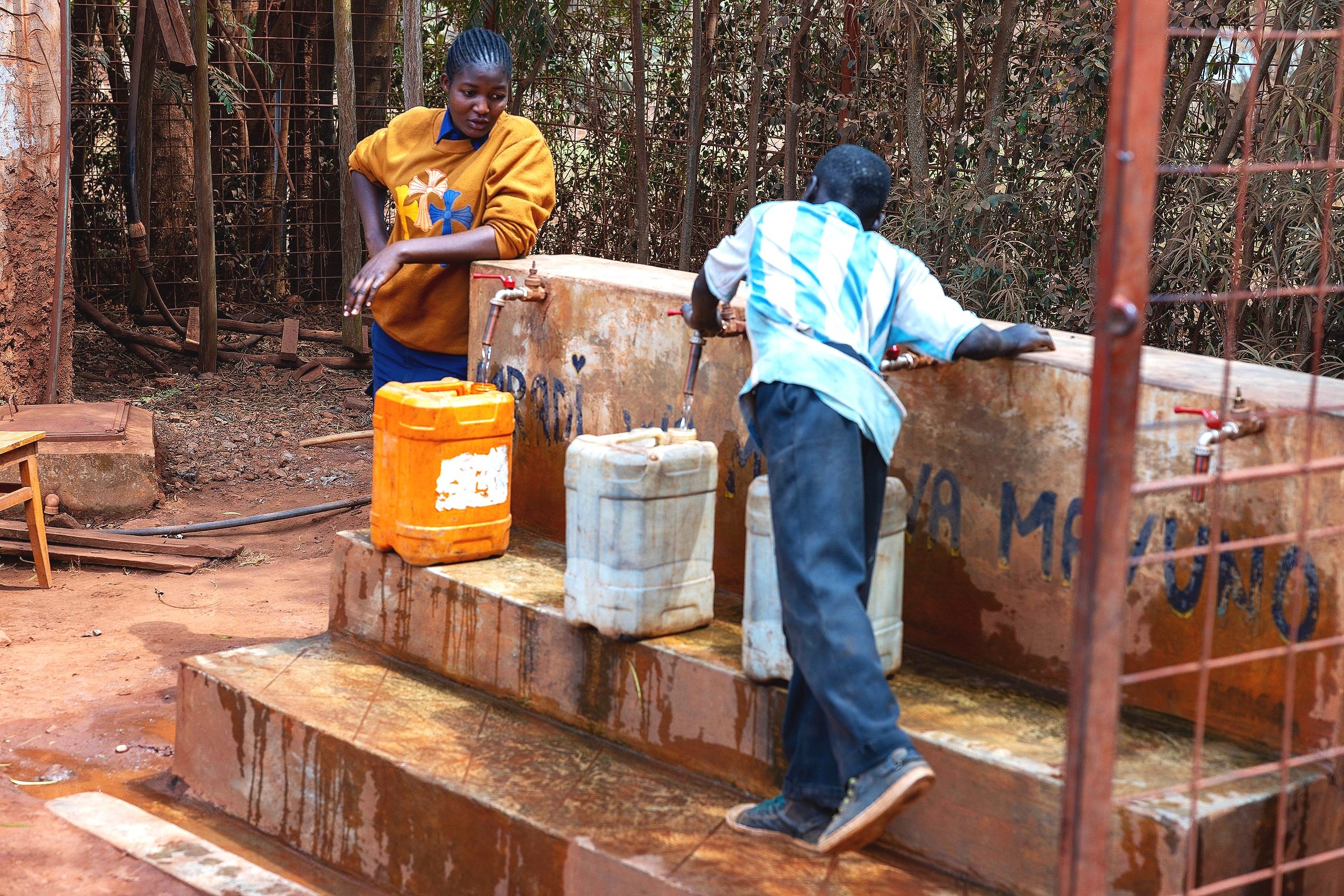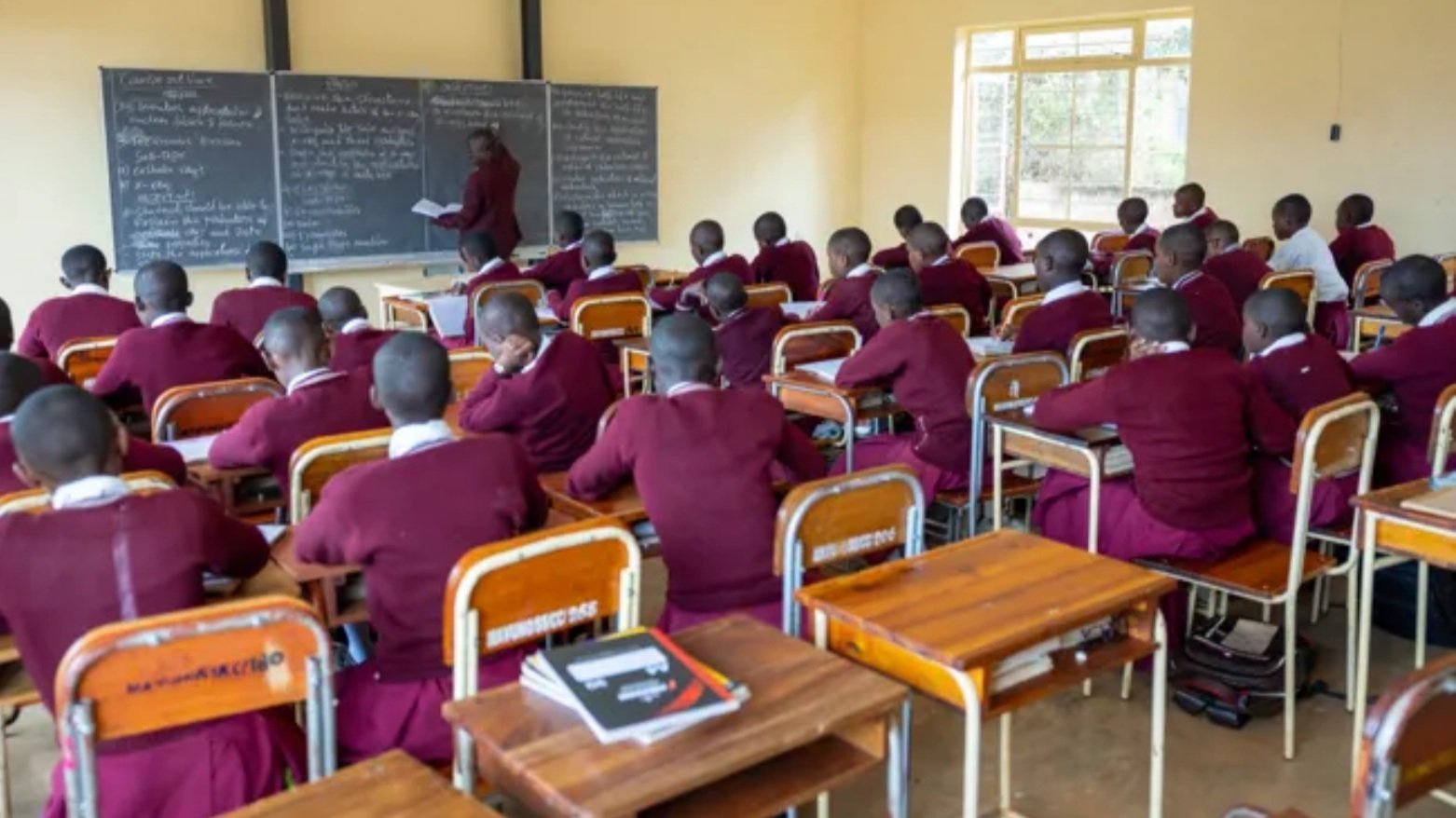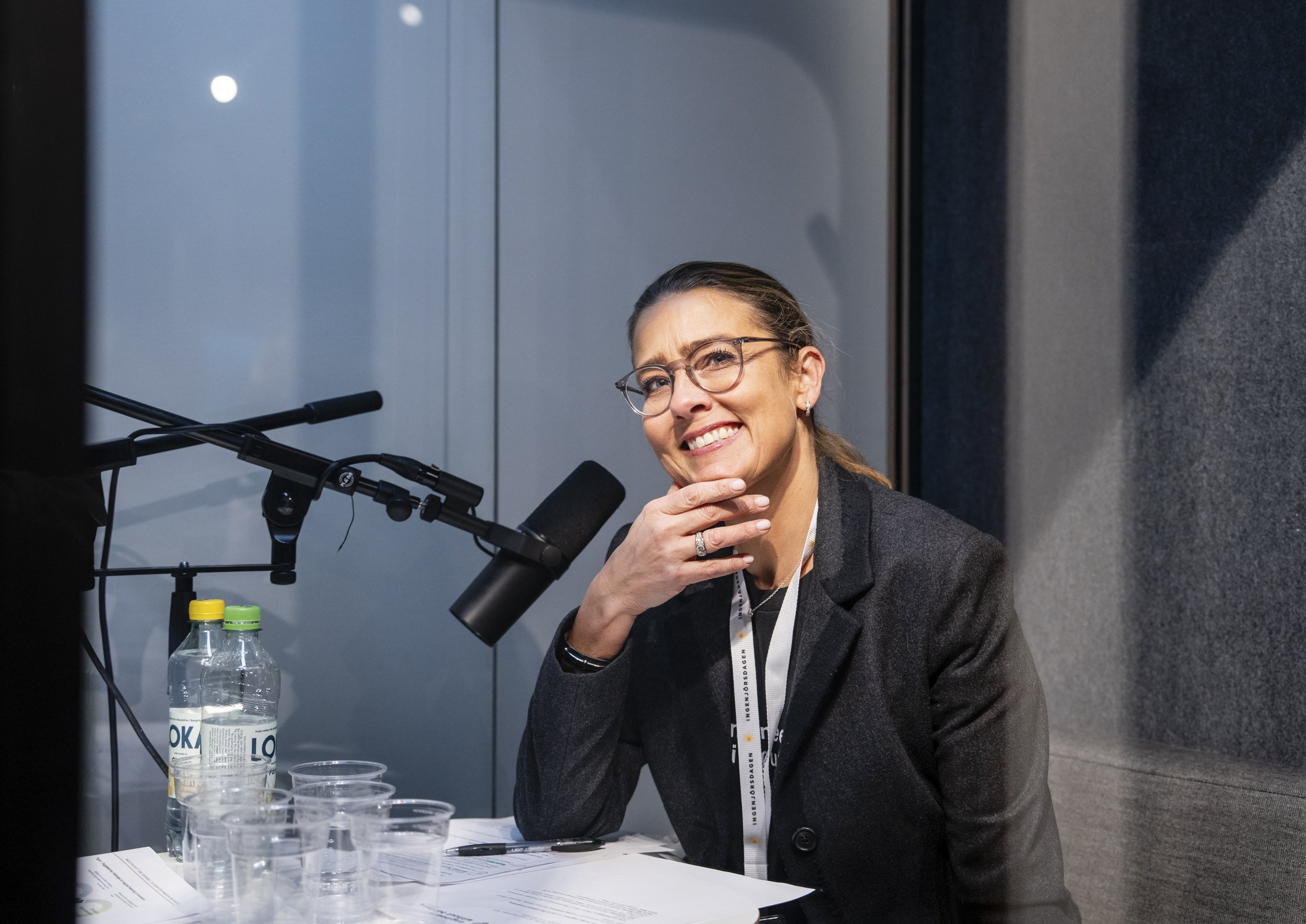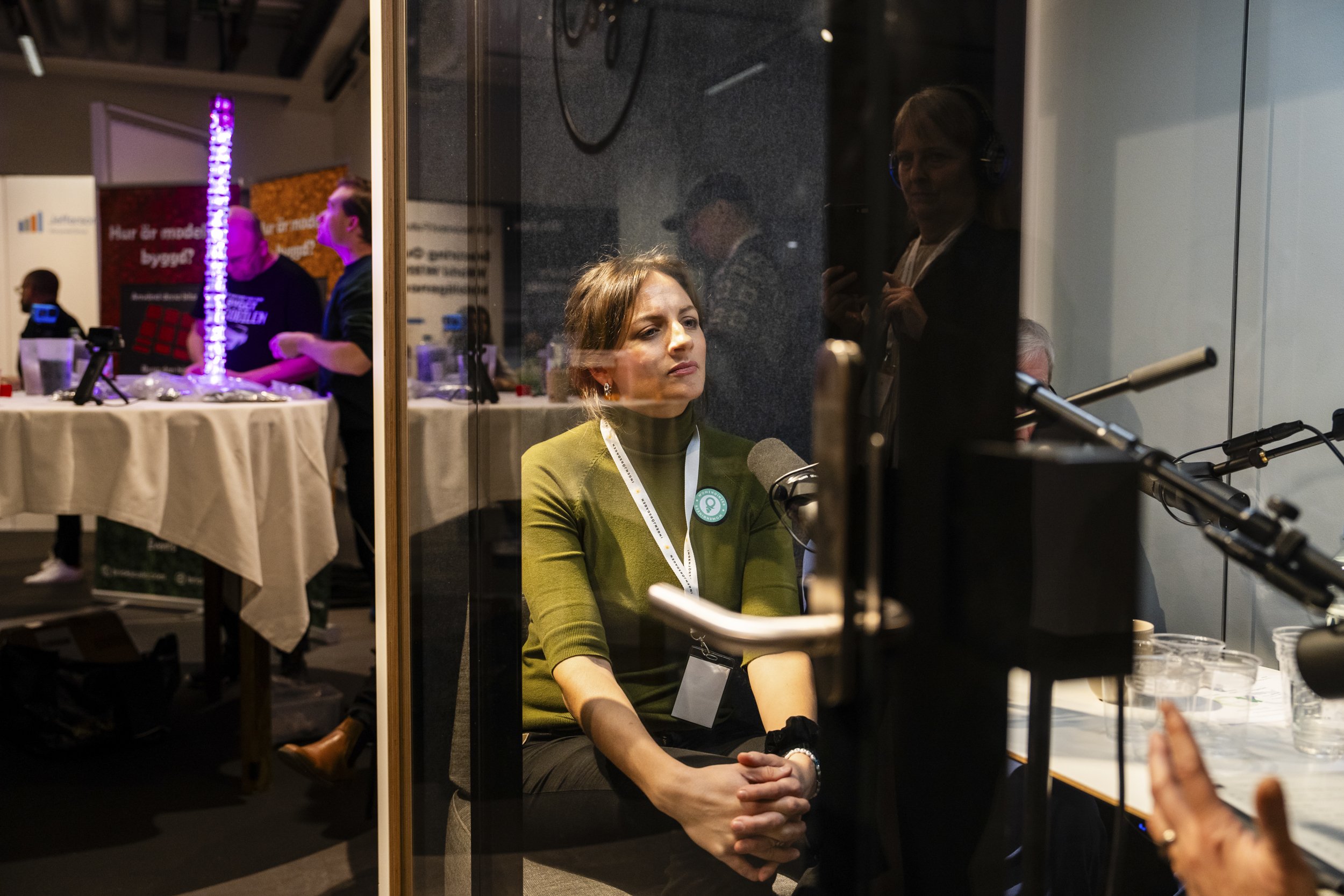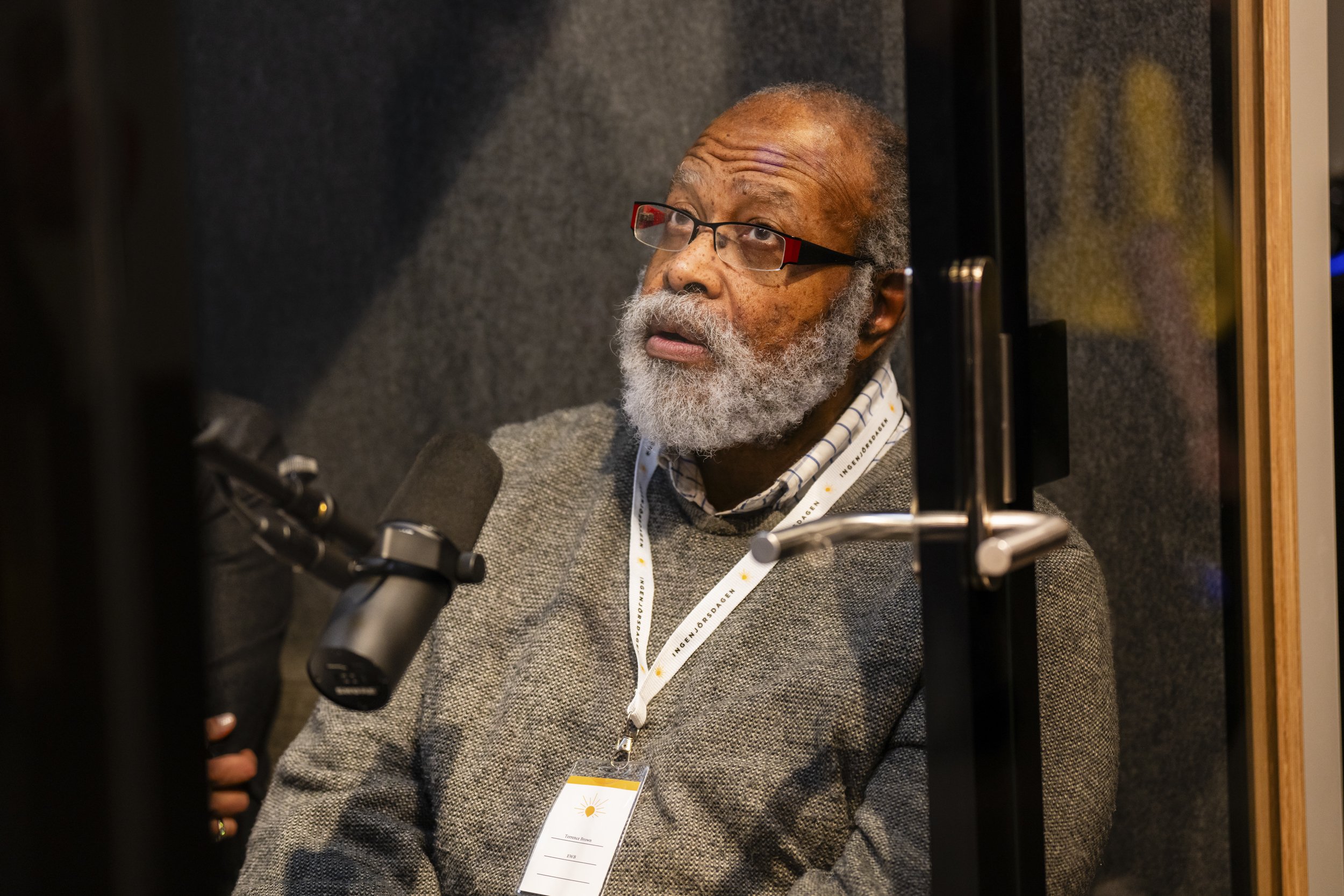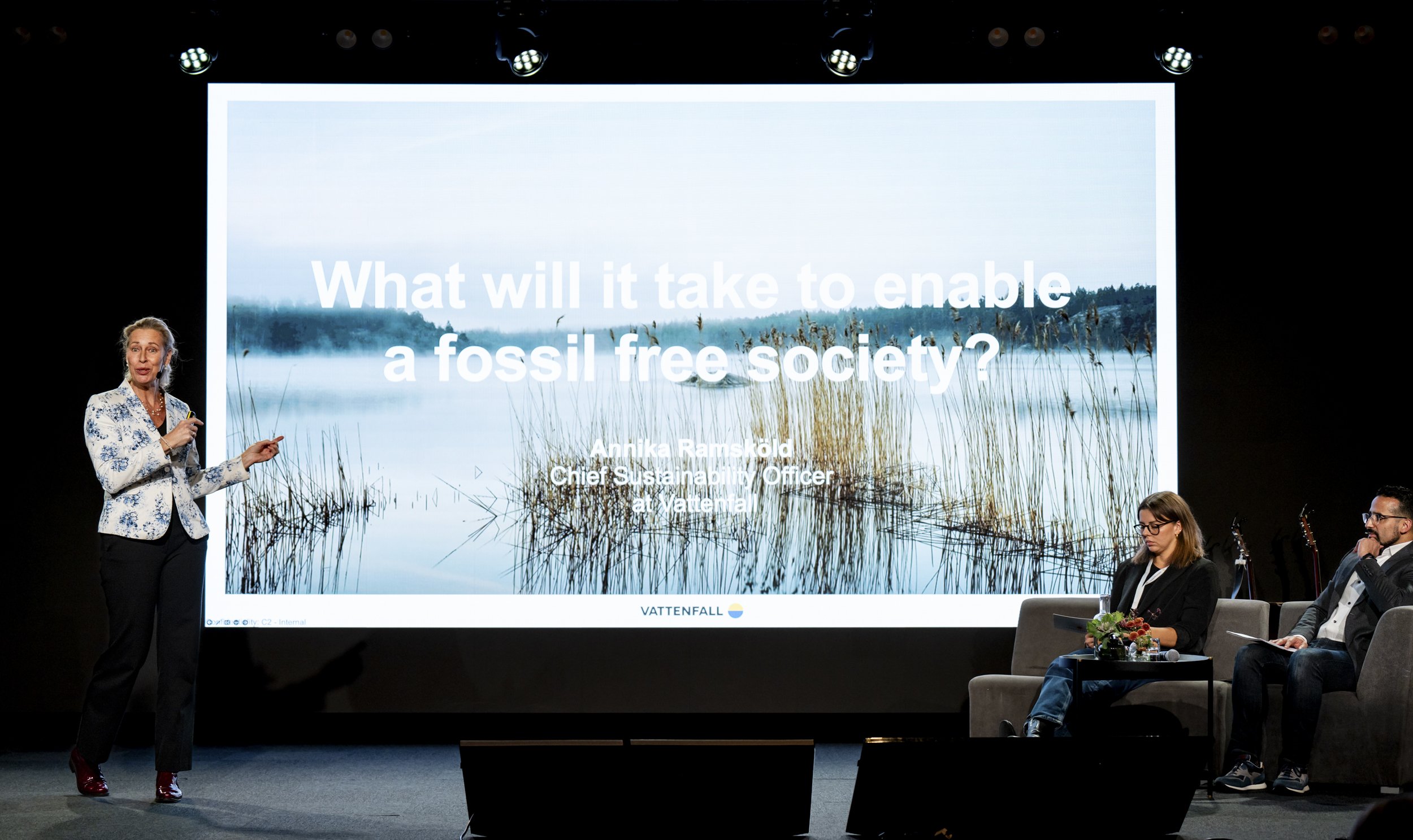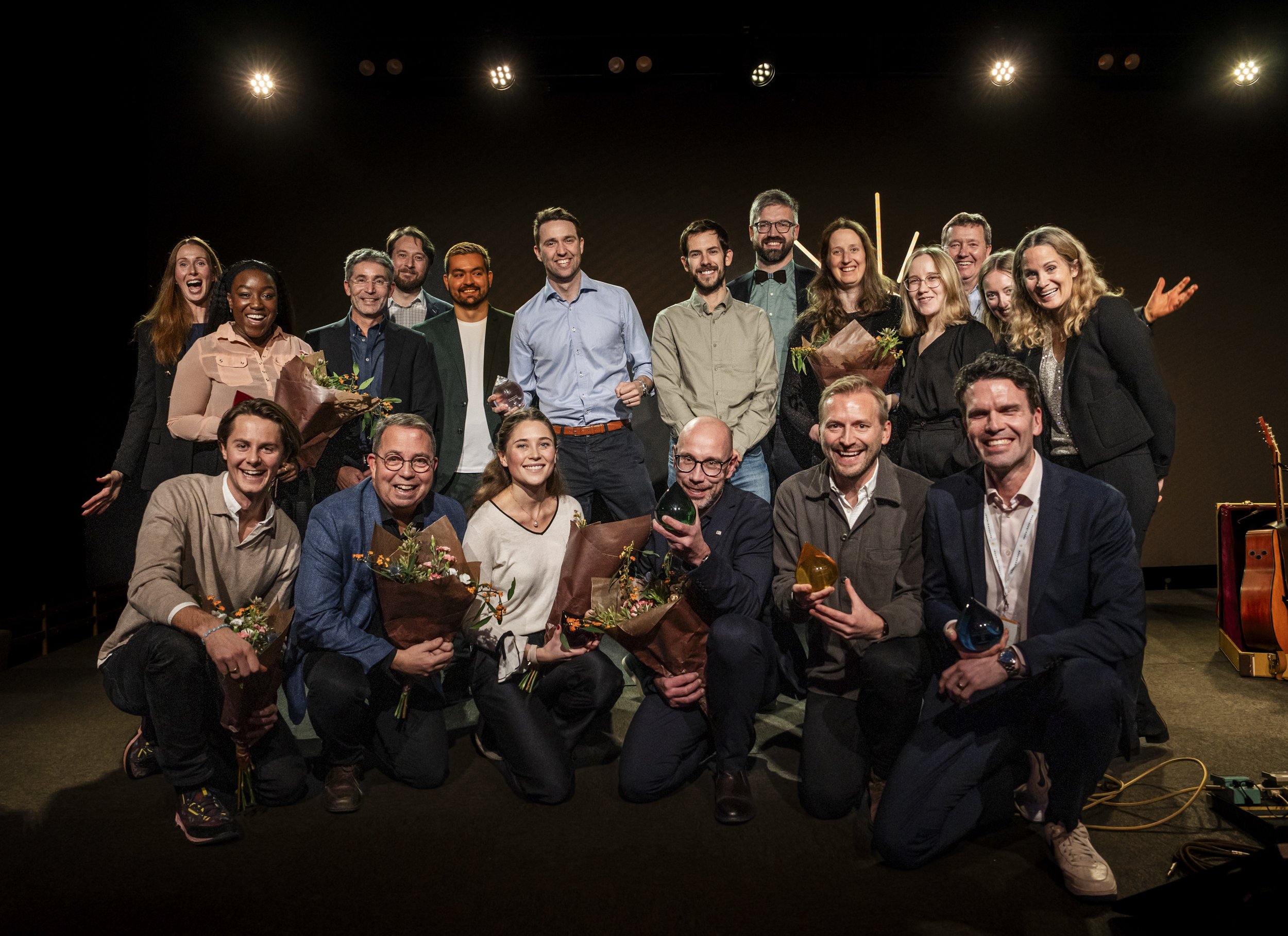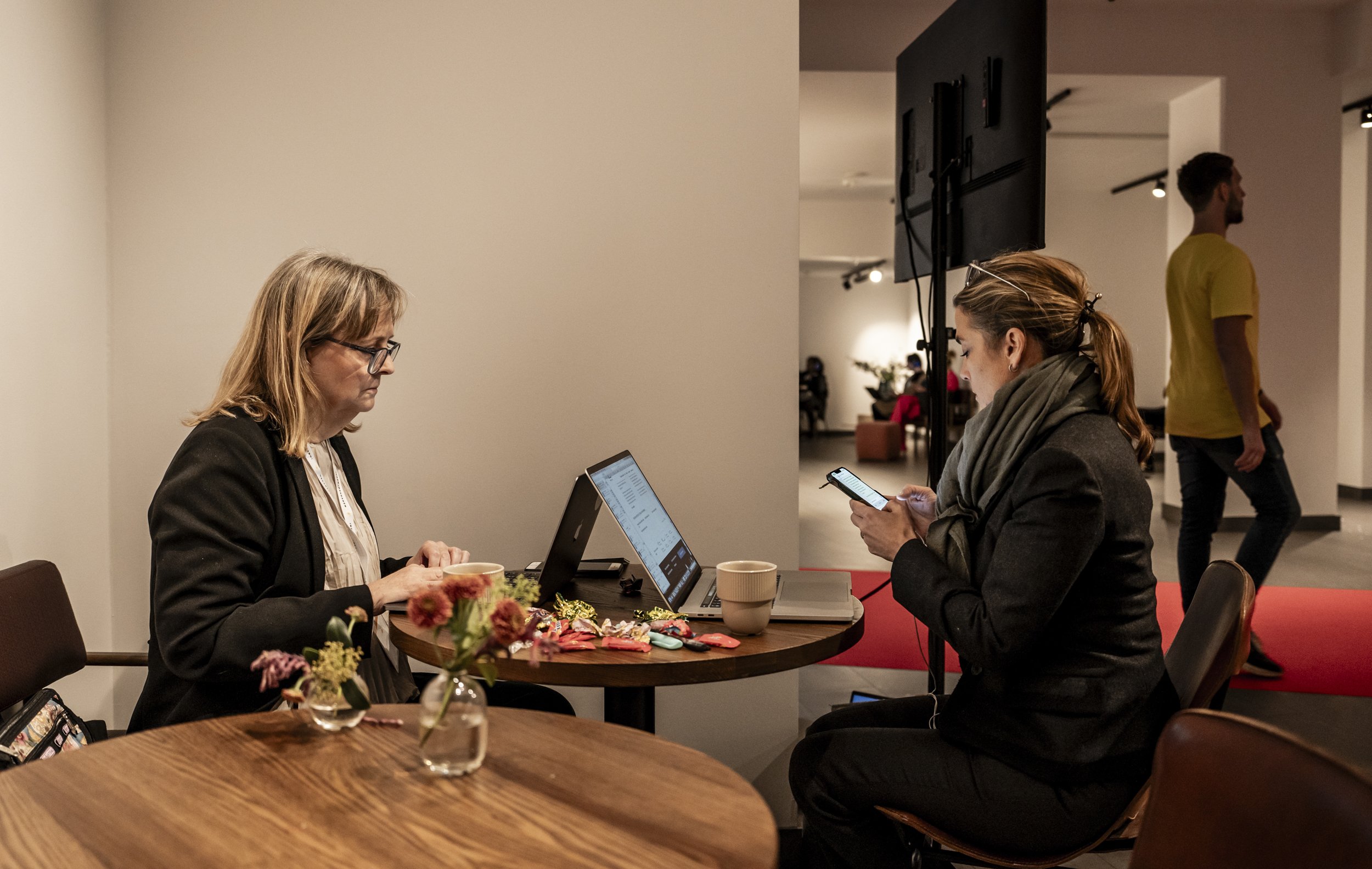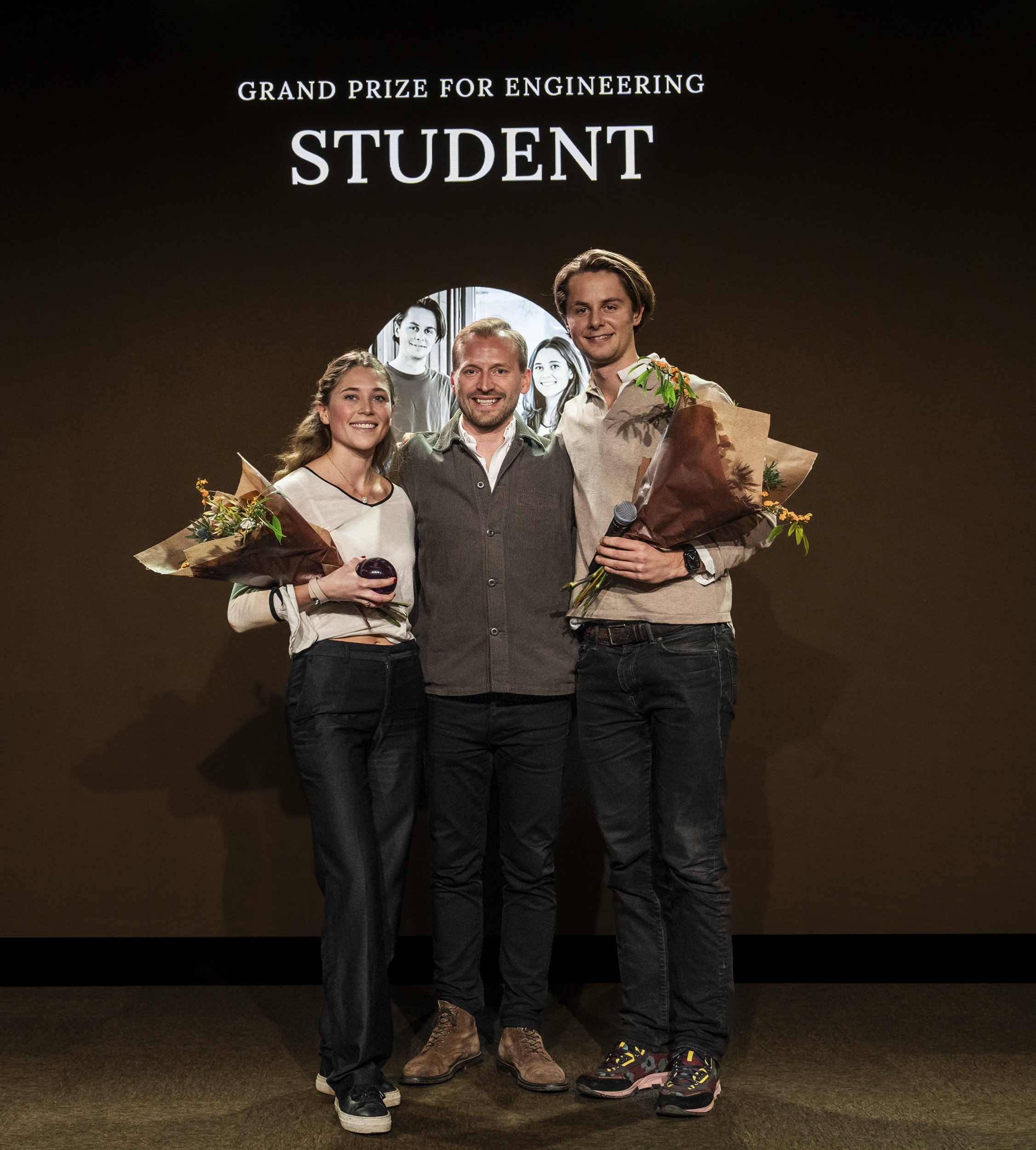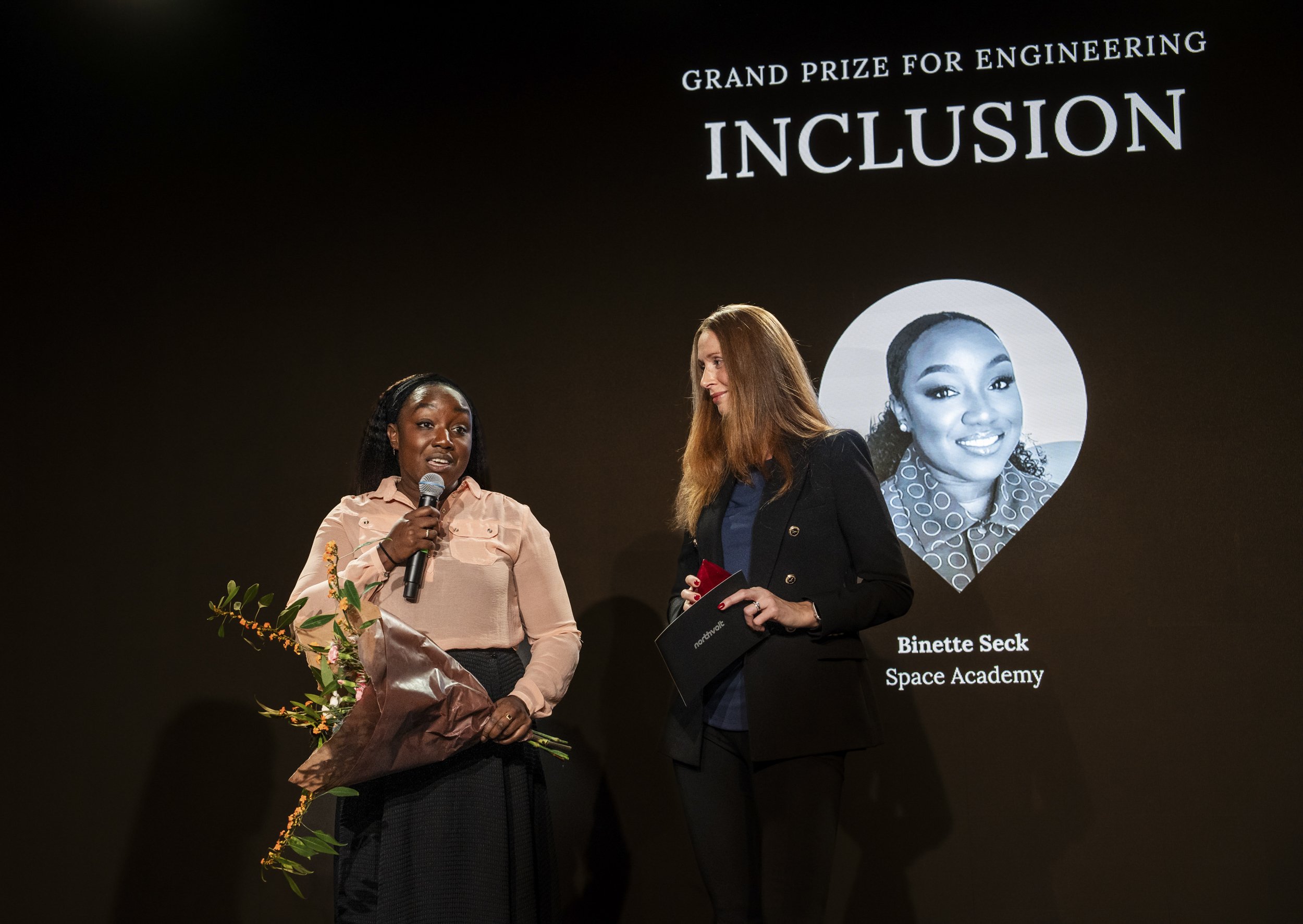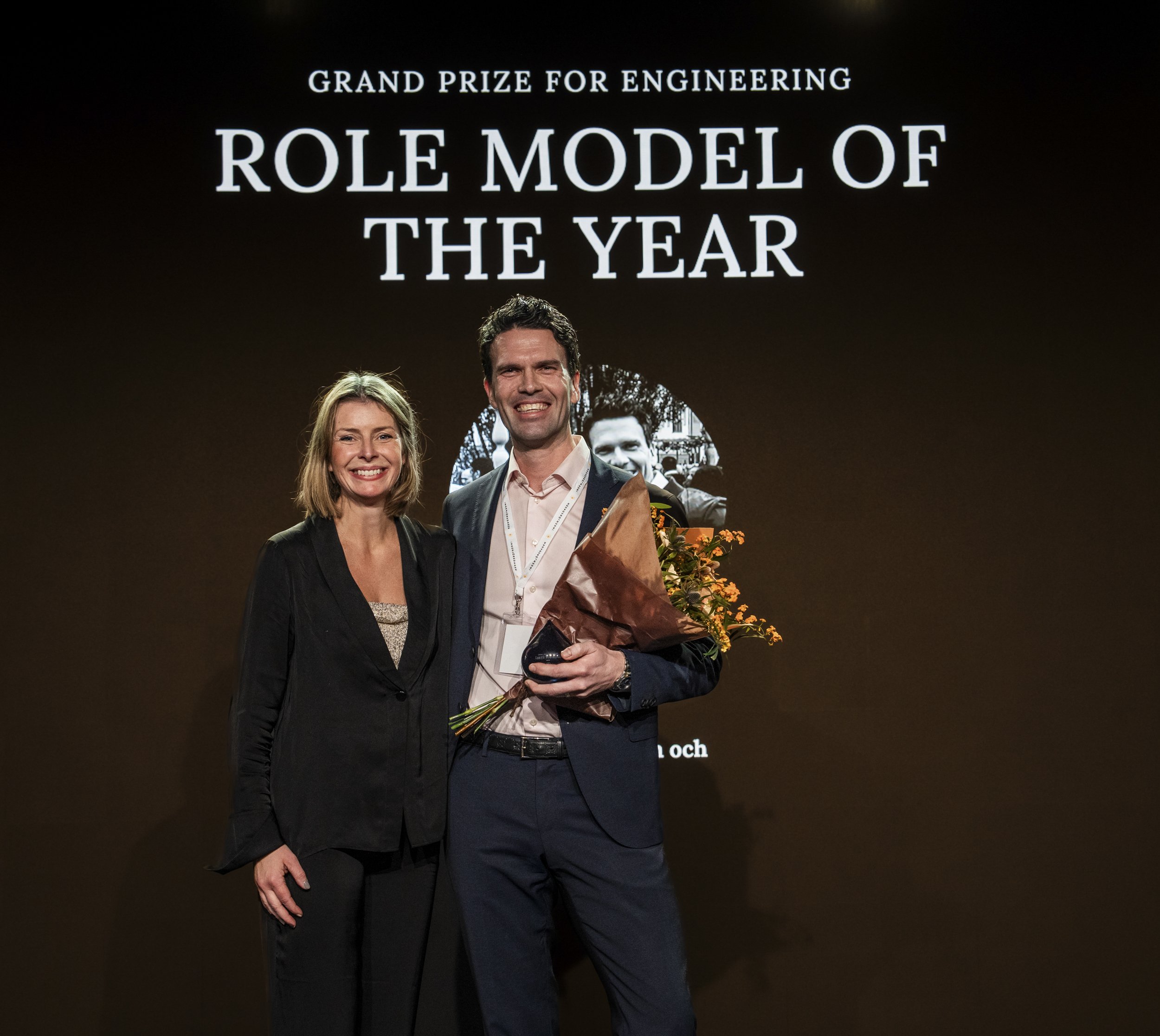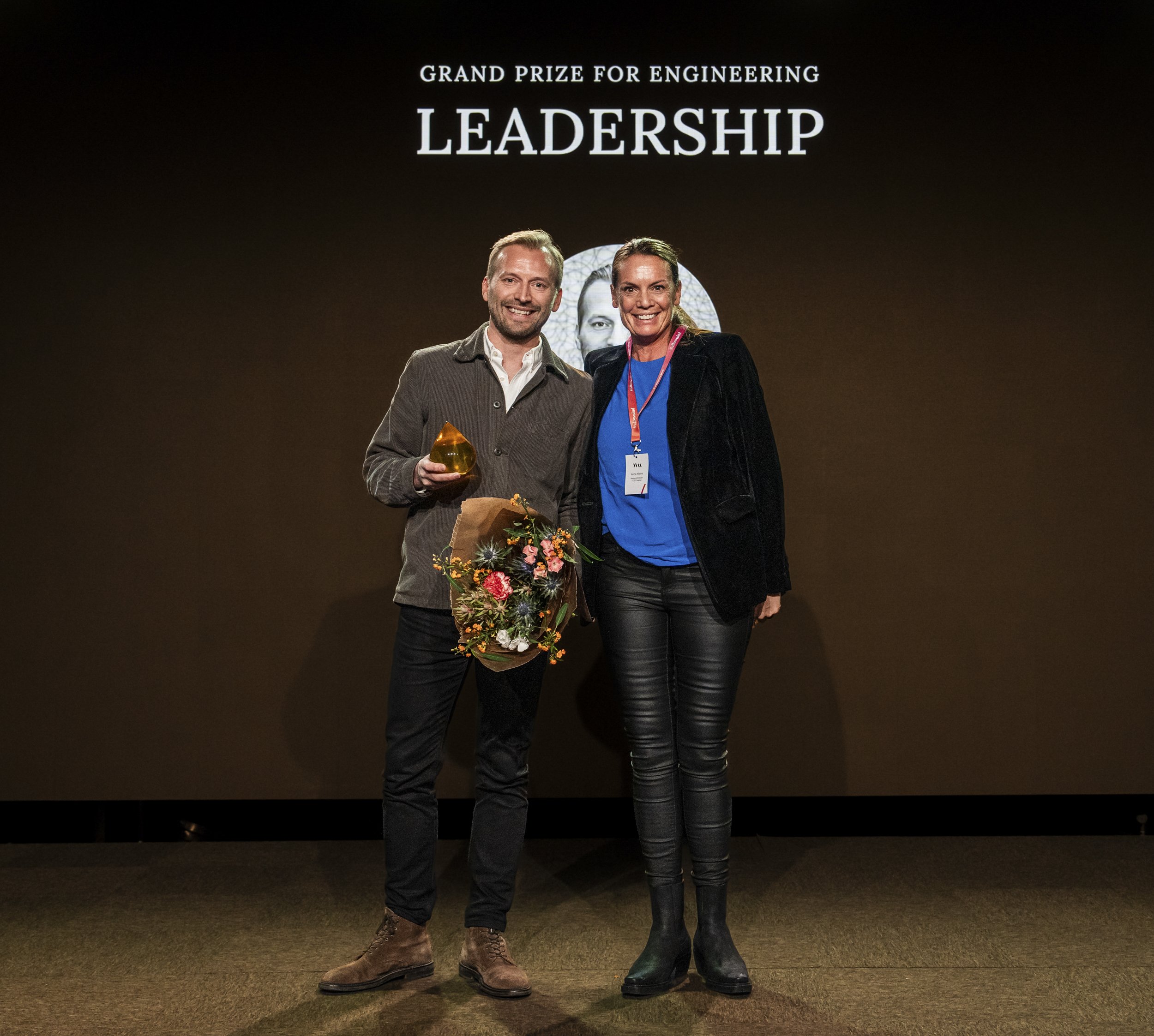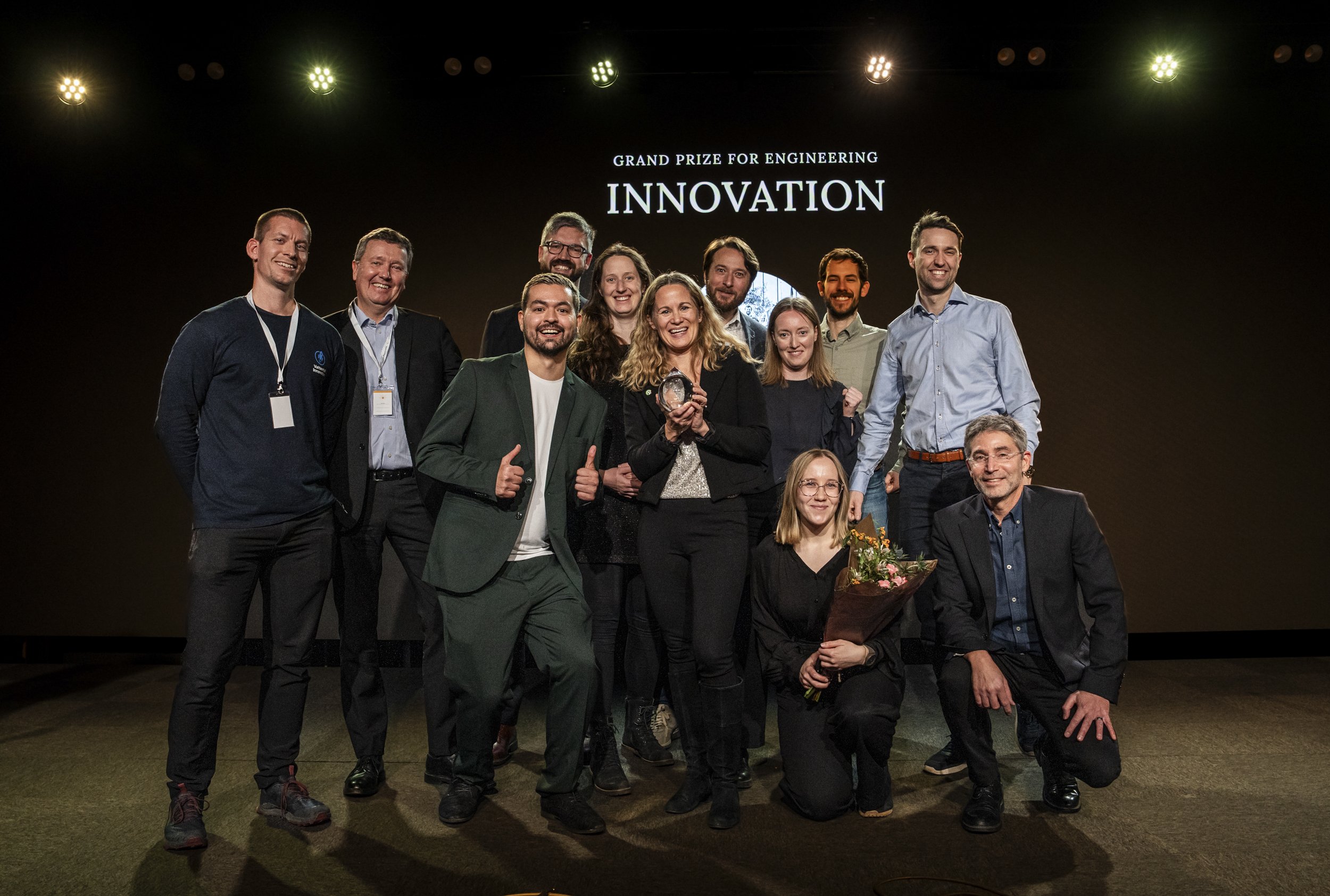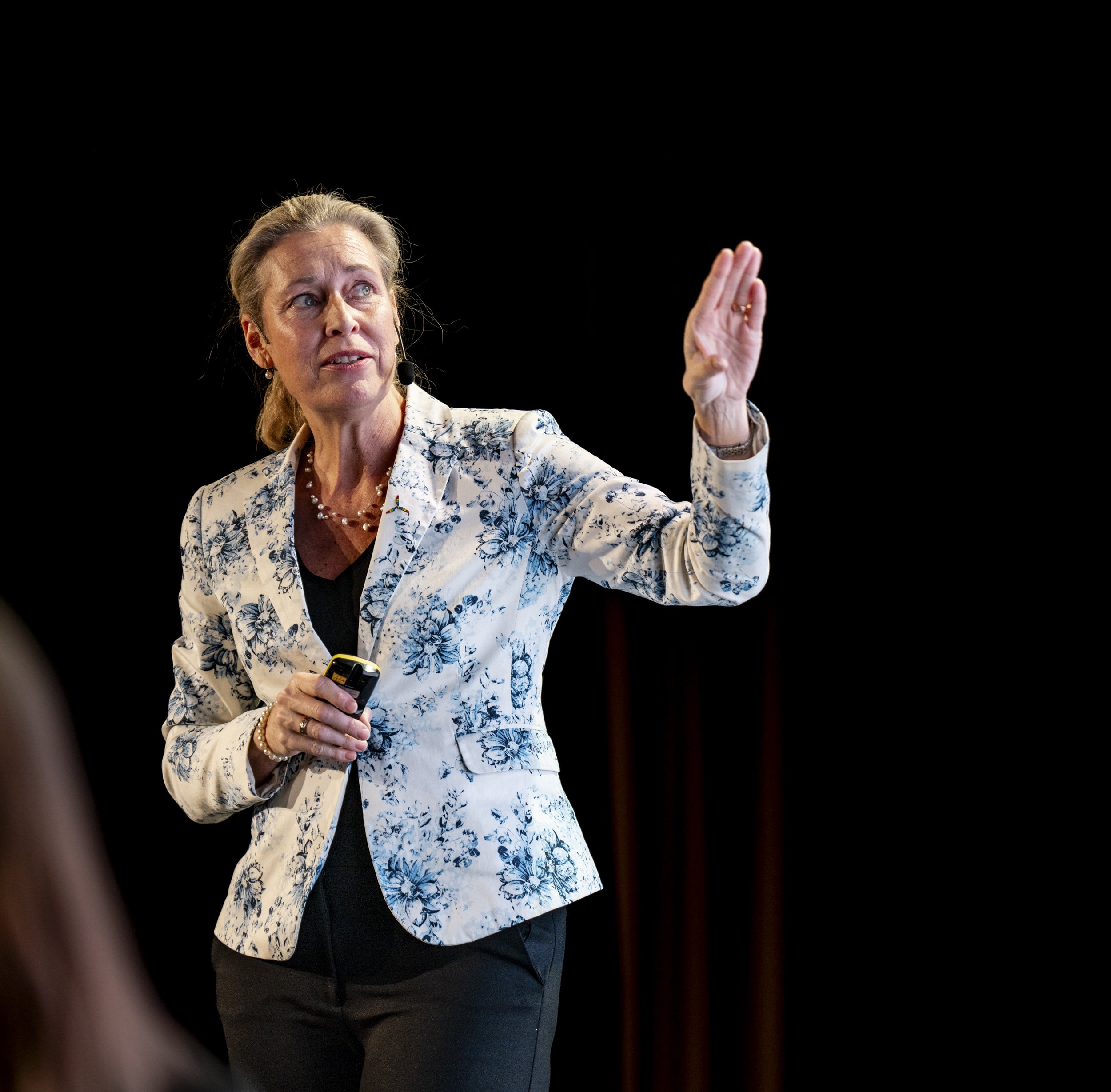Sweden, the land of peace and innovation. Sweden, where unicorns stand in a row. Our companies have flourished on the global stage thanks to our skilled workforce. The legendary entrepreneur Jason Calacanis once said that there are only two places for investors: Silicon Valley and Stockholm.
Today, along with the rest of the world, we face significant challenges. Challenges that could be solved with the help of technology and engineering. However, the current situation, with a severe shortage of engineers, threatens not just Sweden's success but also the future of the world.
The shortage of engineers is not news. For decades, companies, universities, and research institutes in Sweden have struggled to find enough technical competence to drive their projects and businesses forward. However, it is clear that the government's actions in recent years have not been sufficient to meet this challenge.
One of the most critical issues is the Swedish bureaucracy and its slow handling of education and workforce immigration. It is absurd that companies in desperate need of engineers are forced to wait months, sometimes years, for the necessary permits to be processed. In a global context where technological development is fast, every lost day is a lost competitive advantage.
Another aspect of the engineer shortage that deserves special attention is the uneven representation of genders within the technology sector. Women still constitute a minority among engineers, and this is an issue that concerns not only fairness and equality but also the loss of the benefits of diversity. New perspectives are required for further innovation.
The necessity of engineers extends beyond the economy. In the transition towards a climate-smart world, where we must develop and implement new technologies to reduce our environmental impact and preserve the planet's resources, engineers play a crucial role. They are the ones who design and implement sustainable energy solutions and create innovative methods to reduce our climate impact.
Addressing climate change and building a sustainable future requires increased engineering competence and efficient management of technological innovation. Therefore, the government should see the shortage of engineers as a matter of both economic competitiveness and climate protection and take action accordingly. It is high time to ensure that we have the necessary resources and talents to meet the challenges of the future.
The government should consider tax incentives for companies that invest in technical skill development and hire more engineers. This would encourage companies to prioritize technical competence and help to educate and recruit more engineers. The government should also consider mentoring programs where senior female engineers can support and mentor younger ones, thereby giving them the experience, guidance, and, most importantly, comradeship that can be lacking for female engineers.
In the end, this is about ensuring Sweden's future and our economic survival. We can no longer ignore the problem of the shortage of engineers, and it is high time we begin to act with the urgency that the situation demands. Sweden deserves its place as a world leader, but only as long as we invest in our own population. It's time for the government to wake up.
Signed by:
Caroline Edelstam, Secretary-General for Engineers Without Borders
Mats Hellström, Chairman of Norden International, former Minister for Foreign Trade and Agriculture in Sweden, Ambassador and UN delegate
Marie Ideström, Co-founder and CEO of Womengineer
Linus Persson, Founder of Ingenjörsdagen / Engineering Day Sweden
Shiva Sander-Tavallaey, AI Specialist and Adjunct Professor at KTH










